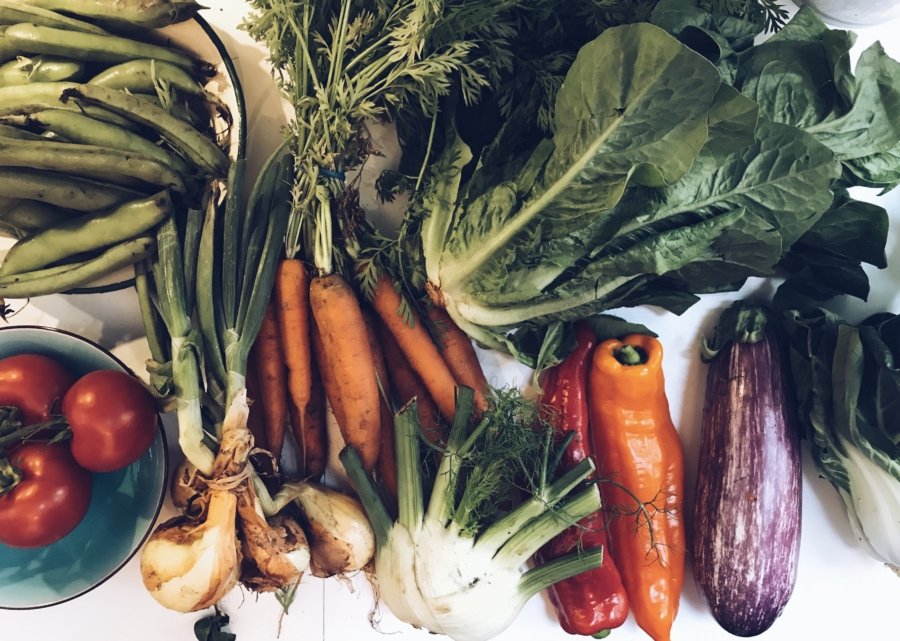

· By Joseph Welstead
Is going Full Vegan really the Most Sustainable Diet?
Is going vegan the best way to minimise our impact on the environment? Should we channel our inner Popeye and go full herbivore? Health considerations aside, we explore the efficiency of food production for a 100% plant-based diet.
Research published in 2016 by the Elementa Science Journal compared 10 different eating styles. From our current western diet, all the way to all-out vegan. Essentially, the study tried to answer the question: which diet will feed the most people using Planet Earth’s limited farmland? The results showed that eating less animal produce than we currently do on average would increase the number of people we could feed using a set amount of farmland. No surprise there. Really, it’s easy to assume that eating fruit & vegetables is more sustainable than eating farm-intensive steak – and the results did confirm that.However, the vegan diet was not the most efficient way to feed the most people using limited farmland.
The researchers suggest that a mainly plant-based diet, along with some dairy products, is the most sustainable way of eating based on maximising farmland. In fact, their results indicate that eating a little bit of meat and other animal produce as well as dairy, amongst a mainly plant-focused diet, is still more sustainable than going 100% vegan. Adding Organic Whey Protein to an otherwise plant-based diet may actually increase the sustainability of your overall diet.
Adding Organic Whey Protein to an otherwise plant-based diet may actually increase the sustainability of your overall diet.
Seem surprising? Here’s why the vegan diet isn’t necessarily the most sustainable.
The scientists considered ten different diets:- Vegan
- Vegetarian with dairy
- Vegetarian with dairy and eggs
- Five omnivorous diets with varying levels of animal produce
- A low-fat, low-sugar diet
- A typical Western (US) diet.
- Grazing land is often unsuitable for growing crops, but great for feeding grass-munching cattle.
- Perennial cropland is very efficient in growing grains and hay to feed livestock. Perennial crops are harvested several times per year.
- Cultivated cropland is where you typically find vegetables, fruits and nuts.
 This chart is based on the total US farmland. The smaller the percentages reflect less animal products in each of the omnivorous diets.
This chart is based on the total US farmland. The smaller the percentages reflect less animal products in each of the omnivorous diets.